An interview with Evelyn Juers
 Evelyn Juers (photograph by Sally McInerney)
Evelyn Juers (photograph by Sally McInerney)
Evelyn Juers is the author of House of Exile (2008), The Recluse (2012), and The Dancer: A biography for Philippa Cullen (2021).
If you could go anywhere tomorrow, where would it be, and why?
I’d go to the seaside town of Whitby in North Yorkshire. Stay for a month in a cosy hotel overlooking the ferocious North Sea. Bring a stack of books about, or set in, Whitby, like Elizabeth Gaskell’s least known but wonderful novel Sylvia’s Lovers. Find more books while I’m there. I’d walk a lot. Why? A slowly forming
Continue reading for only $10 per month. Subscribe and gain full access to Australian Book Review. Already a subscriber? Sign in. If you need assistance, feel free to contact us.



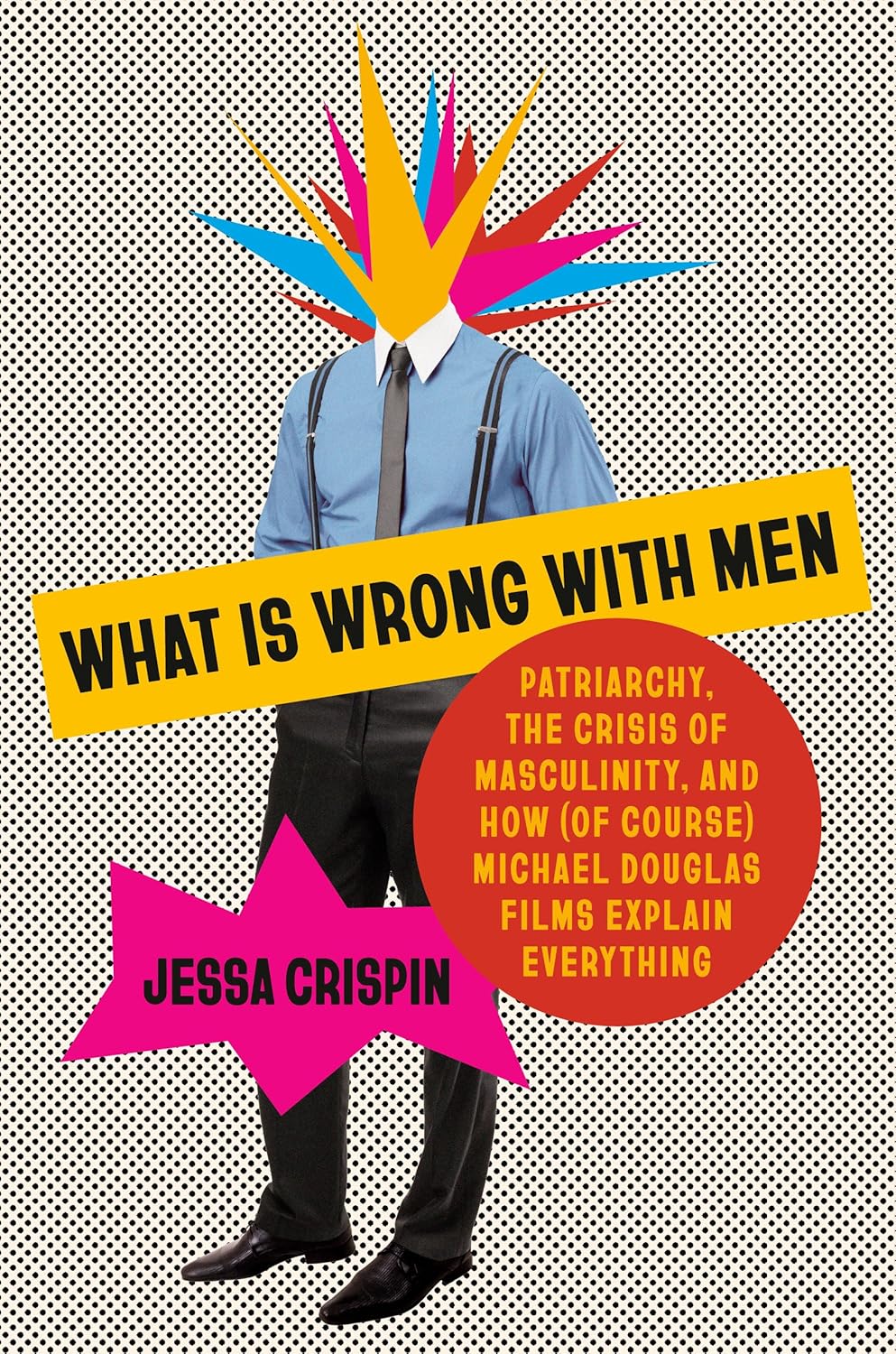
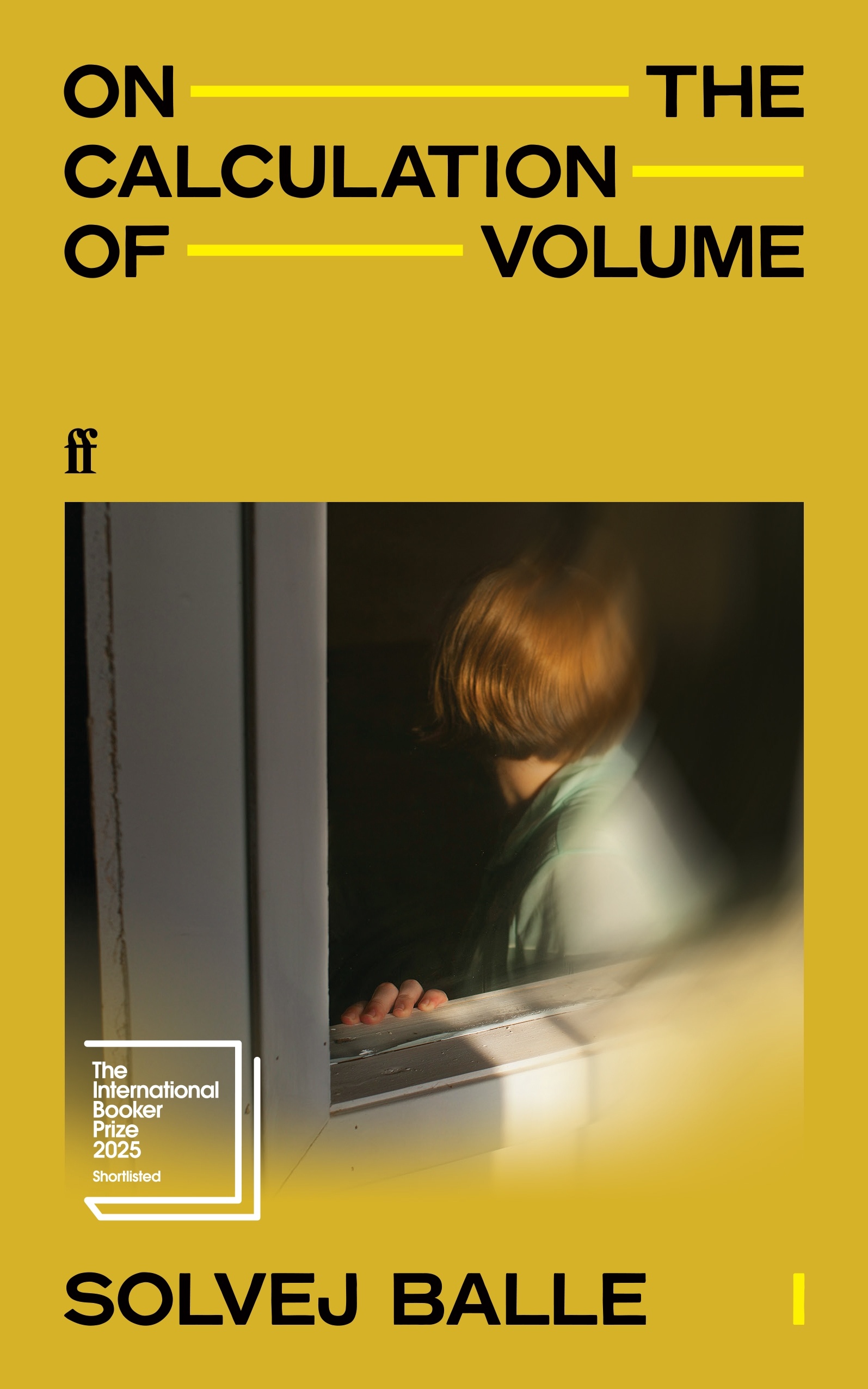
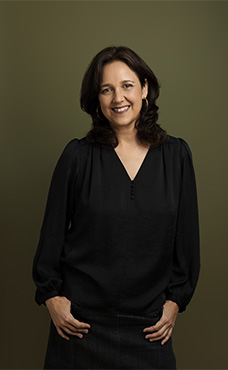

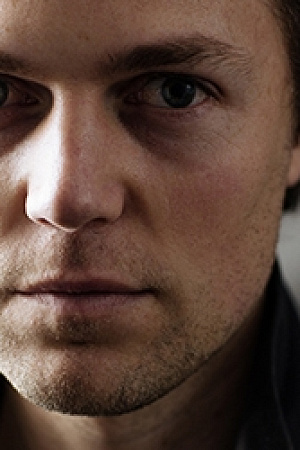
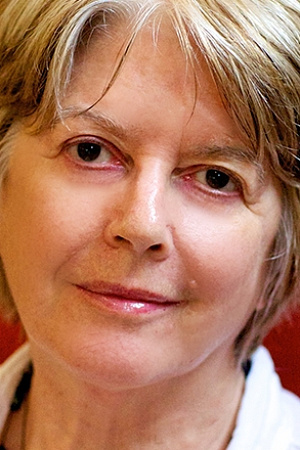
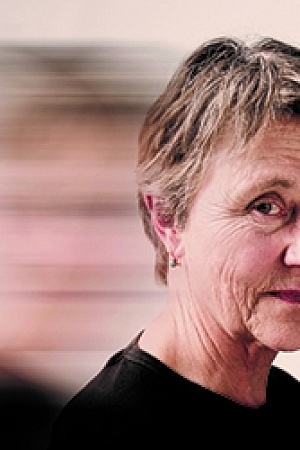
Leave a comment
If you are an ABR subscriber, you will need to sign in to post a comment.
If you have forgotten your sign in details, or if you receive an error message when trying to submit your comment, please email your comment (and the name of the article to which it relates) to ABR Comments. We will review your comment and, subject to approval, we will post it under your name.
Please note that all comments must be approved by ABR and comply with our Terms & Conditions.